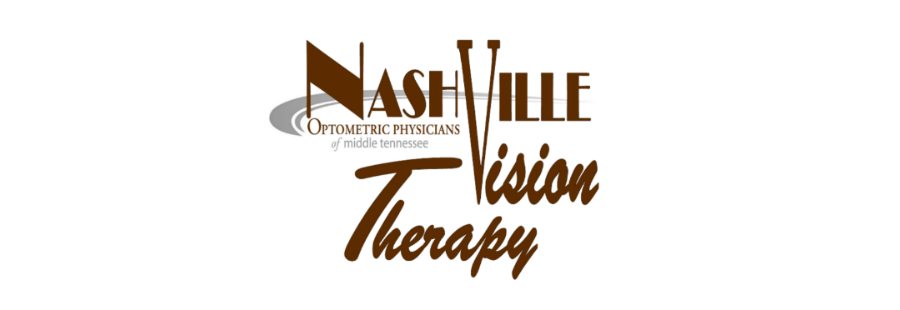Here at Nashville Vision Therapy, we treat many stroke survivors. Our hearts are passionate about helping our stroke survivors gain control and independence in everyday living situations. This subject is on our minds because next week our staff is traveling to Memphis for a conference with NORA.
What is NORA? It stands for Neuro-Optometric Rehabilitation Association. It is a group of committed individuals from various disciplines focus on advancing the art and science of rehabilitation for the neurologically challenged patient. We are excited to learn more about stroke rehabilitation.
After a stroke there can be fear, apprehension and uncertainty that stroke survivors and families face. Much rehabilitation come with the aftermath of a stroke. There are two main means rehabilitation that you may think of, Physical Therapy (PT) and Occupational Therapy (OT). But there is really is three primary means of rehabilitation, with Vision Therapy included.
National Stroke Association explains it best:
"Many stroke survivors have visual problems following their strokes. To be able to see well, the brain and the eyes have to work together. Because part of the brain is damaged in a stroke, vision problems can be partial or complete loss of sight. Stroke survivors may also experience blurred vision, confusion or difficulty in performing visual activities, and eye strain. For stroke survivors with vision problems, it's harder to go back to work or even perform simple household tasks. As soon as possible after a stroke, stroke survivors should have a complete eye exam to find out if their eyes are healthy. This exam will uncover any stroke-related vision problems. Opthalmologists or optometrists are important members of a stroke patient's rehabilitation team. They can diagnose specific problems and recommend a treatment plan. Different types of vision therapy are available to retrain, strengthen, or sharpen vision following stroke. The goal of the therapy is to train healthy parts of the brain to perform the work of the part of the brain damaged by stroke. According to research, neither the age of the patient nor when the stroke occurred makes a difference in the effectiveness of this type of therapy."

No comments:
Post a Comment